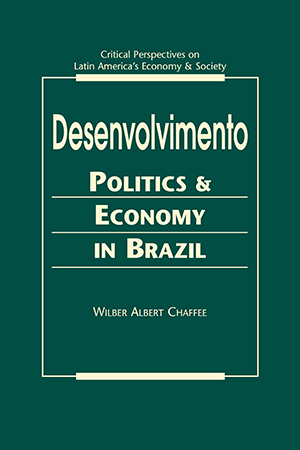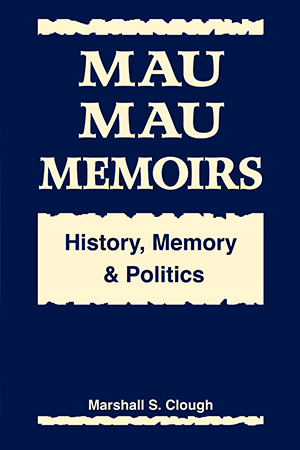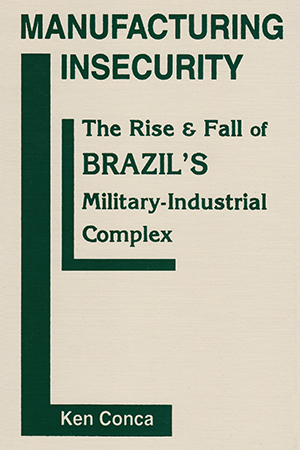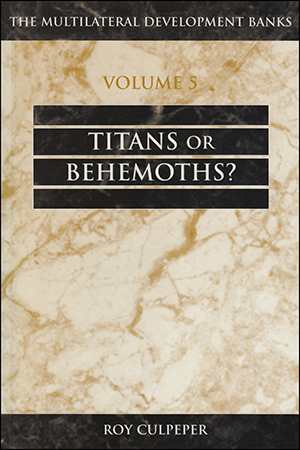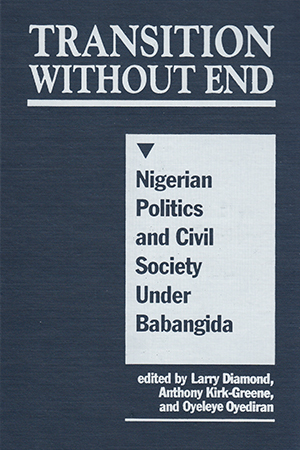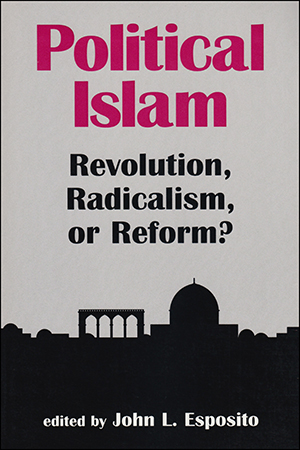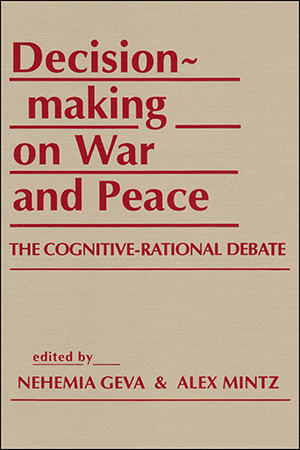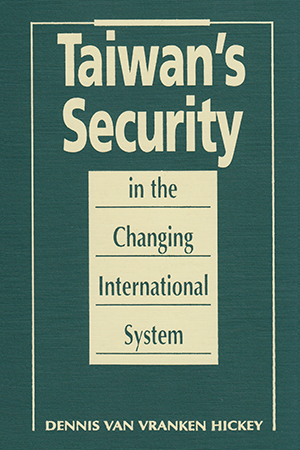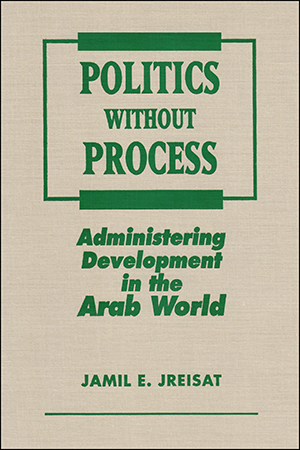BOOKS
The Brazilian economy has long been characterized by rapid growth—but equally by high inflation and an extreme maldistribution of wealth, despite the strong international reputation of More >
The still contentious issues of the Mau Mau revolt are thrown into stark relief by the Mau Mau Memoirs, personal accounts by Kenyans of the events of that violent period. Marshall Clough More >
Manufacturing Insecurity provides a sobering analysis of an extraordinary boom and bust story: Nurtured by military rule and expanding international markets, Brazil's defense sector More >
The multilateral banks are powerful forces in the international community, providing loans of more than $250 billion to developing countries over the last half-century. The best-known of More >
Since 1986, Nigeria has been struggling without success to return to a civilian, democratic form of government: as political parties, presidential candidates, economic reform programs, and More >
For more than a decade, policymakers and observers in the Muslim world and the West have struggled with the specter of political Islam—or "Islamic fundamentalism"—often More >
Reviewing, comparing, and contrasting major models of foreign policy decisionmaking, contributors to this volume make a substantial contribution to the debate between cognitive and rational More >
One of the most critical tasks facing Taiwan's government in the post-Cold War era is the need to reassess its security environment. In this context, Hickey discusses the island's More >
A candid critique of the institutional systems and practices that define, and in many cases limit, the administrative state in the Arab world, this study centers on the factors contributing More >
This comprehensive, up-to-date bibliography covers nearly 3,000 English-language books and articles on Muslim women throughout the world. Works are listed alphabetically by author, with an More >



